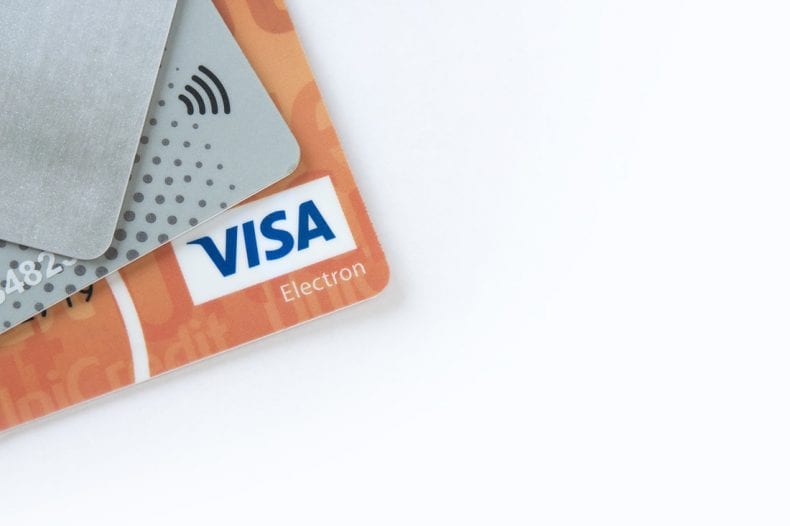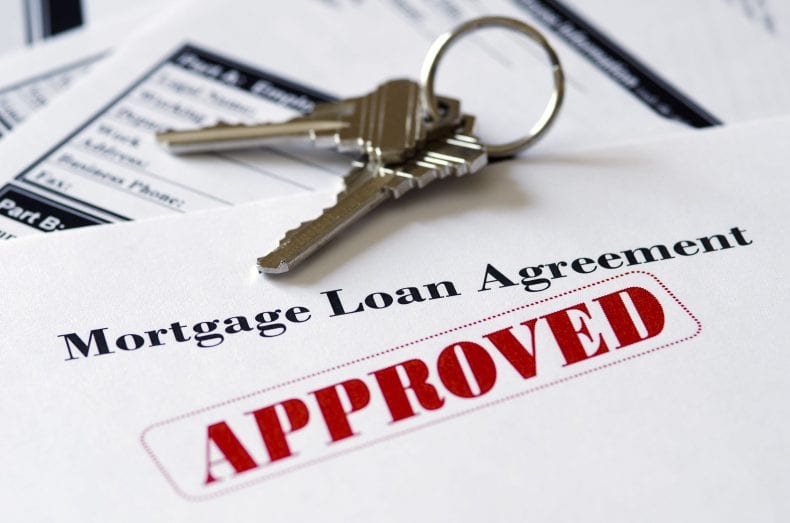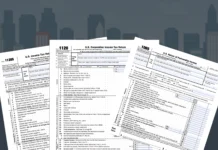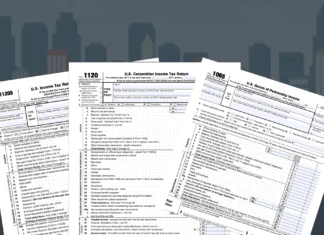More Americans than ever are moving from rental properties into homes, and many of them are first-time buyers. As a result, the real estate market has become increasingly competitive, requiring would-be homeowners to be aggressive with offers to beat out other buyers and investors.
Buying or selling a home can be a very stressful endeavor, as the real estate market has become increasingly complex and competitive in recent years. If you are planning to buy a home, it’s crucial that you are in the best financial position possible to qualify for a mortgage before you start the application process.
George Campolo is an Associate Real Estate Broker with RE/MAX Distinguished Homes and Properties, serving the Westchester/Bronx/Putnam area and points beyond. Buyers and sellers often feel overwhelmed by the time-frame and complexity of a typical purchase or sale, not to mention the paperwork required. Mr. Campolo uses his experience, knowledge, and personal skills to explain things in plain English, keep it simple, and put his clients at ease.
Below are some of Mr. Campolo’s best strategies for making yourself more attractive to lenders to ensure the best chance at approval.

Always Be Honest
It is vitally important to disclose all relevant information when applying for a home loan. While some people may be tempted to conceal significant financial obligations, such as a mortgage on another property, or credit card debt accrued right before the application, such behavior constitutes fraud, and the consequences can be dire. Even if you are considering holding back information that wouldn’t make you criminally liable, it is always best to be open and honest about anything that could influence your loan approval – in some cases, there may be other lenders or loan structures that would better suit your financial position, and if nothing else, it will speed up the application process.
Clean Up Your Credit Score
It is always a good idea to keep an eye on your credit score, but especially so if you are in the market for a home loan. Always be sure to carefully look over credit reports on the off chance that there has been any fraudulent activity or any errors in reporting that could be contested to restore your credit score. Additionally, try to lower your credit utilization before applying. In some cases, even if you can’t afford to pay off your cards, you can attempt to have your credit limit increased or look into a debt consolidation loan.

Manage Your Other Debt
One of the most significant determining factors in home loan approval is your debt-to-income ratio, which is why you should always handle as much of your other debt as possible before applying for a home loan, even if that means delaying the process for a few months. If a large percentage of your income is going towards another mortgage, auto loans, or credit card debt, lenders will be very suspicious of your ability to handle additional debt, and you will be unlikely to secure a loan at a reasonable rate. While you won’t be expected to have zero debt, you should make sure your financial situation doesn’t throw up any obvious red flags.
Maintain Stable Employment
Having a steady source of income from a stable job is crucial if you want to maximize your odds of loan approval. Generally speaking, most lenders will want to see that you’ve been in your current position for at least six months, or in the same industry role for two years. Recent job changes will invite additional scrutiny, and you should never attempt to make drastic career changes just before or during a loan application.

Consider a Mortgage Broker
If you have any issues with your creditworthiness, a mortgage broker may give you an edge in securing loan approval while also providing you with some other financial benefits. Brokers can save you legwork and help you avoid contracts with murky or predatory payment terms, and in some cases, they can provide access to lenders that you wouldn’t be able to contact directly. Also, going through a broker can save you money on origination fees, application costs, or appraisal fees.
Start Saving in Advance
Having a large balance in your savings account before a home loan application is beneficial for several reasons. Many lenders want to see that you aren’t living paycheck to paycheck, especially if there are any potential issues on your credit report. If you can save up enough to afford a 20% down payment, your odds of approval increase drastically, and you also avoid having to pay for Private Mortgage Insurance that can tack on hundreds of dollars a month. If you can afford more than 20%, even better – the larger your down payment, the better your odds of negotiating the lowest possible mortgage rate.
Buying a home is typically one of the biggest and most important financial decisions a person will make in their lifetime, and ensuring that you are in strong financial shape before applying for a loan can save you tens of thousands of dollars in interest and fees throughout your mortgage. By using the strategies above, you can ensure that you are as qualified as possible to get a loan at a fair rate and that your finances don’t send up any red flags during the approval process.
Here is the advice from the expert. Hopefully, you will find this article helpful.










